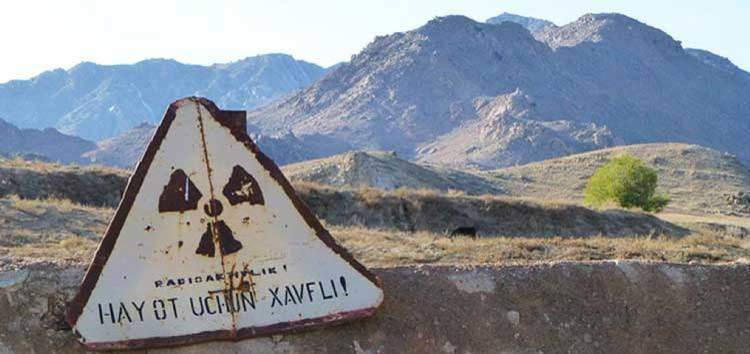
The European Commission has increased its contribution by €10m at the pledging event for the Environmental Remediation Account for Central Asia (ERA), said EBRD.
The pledging event, held at EBRD’s headquarters in London, was attended by representatives of international organizations and more than 30 countries.
Countries including Belgium, Switzerland, the US and Norway have pledged to provide significant contributions, while Lithuania made a donation.
EBRD first vice president Jurgen Rigterink, who opened the event, emphasized the bank’s commitment to make its expertise available to protect people from radiation risk.
The bank stated that Central Asia was an important source of uranium for the former Soviet Union. It was mined for more than 50 years and uranium ore was also imported from other countries for processing there.
Large amounts of radioactively-contaminated material were placed in mining waste dumps and tailing sites. Although most of the mines were closed by 1995, not many remedies were taken prior to or after the mining and milling operations were stopped.
The amount radioactivity in the accumulated material in the region is a threat to the local environment and the health of the population, said EBRD.
Many of the uranium legacy sites in Central Asia are concentrated along the tributaries of the Syr Darya River which runs through the densely populated Fergana Valley, the agricultural centre of the region which is shared by the Kyrgyz Republic, Tajikistan and Uzbekistan.
There are seven sites that have been identified in a Strategic Master Plan (SMP), jointly developed by key stakeholders. The SMP is publicly available on the website of the International Atomic Energy Agency.
The fund, which was established in 2015, is managed by EBRD. The present remediation work is expected to begin at four sites in the Kyrgyz Republic and Uzbekistan.
EBRD nuclear safety director Balthasar Lindauer said: “We are grateful for the international community’s renewed display of solidarity with Central Asia. This commitment gives us a boost to progress with our work which will enter the implementation period next year. While the first steps have been promising, more remains to be done and we need to maintain the very good cooperation of all partners.”


